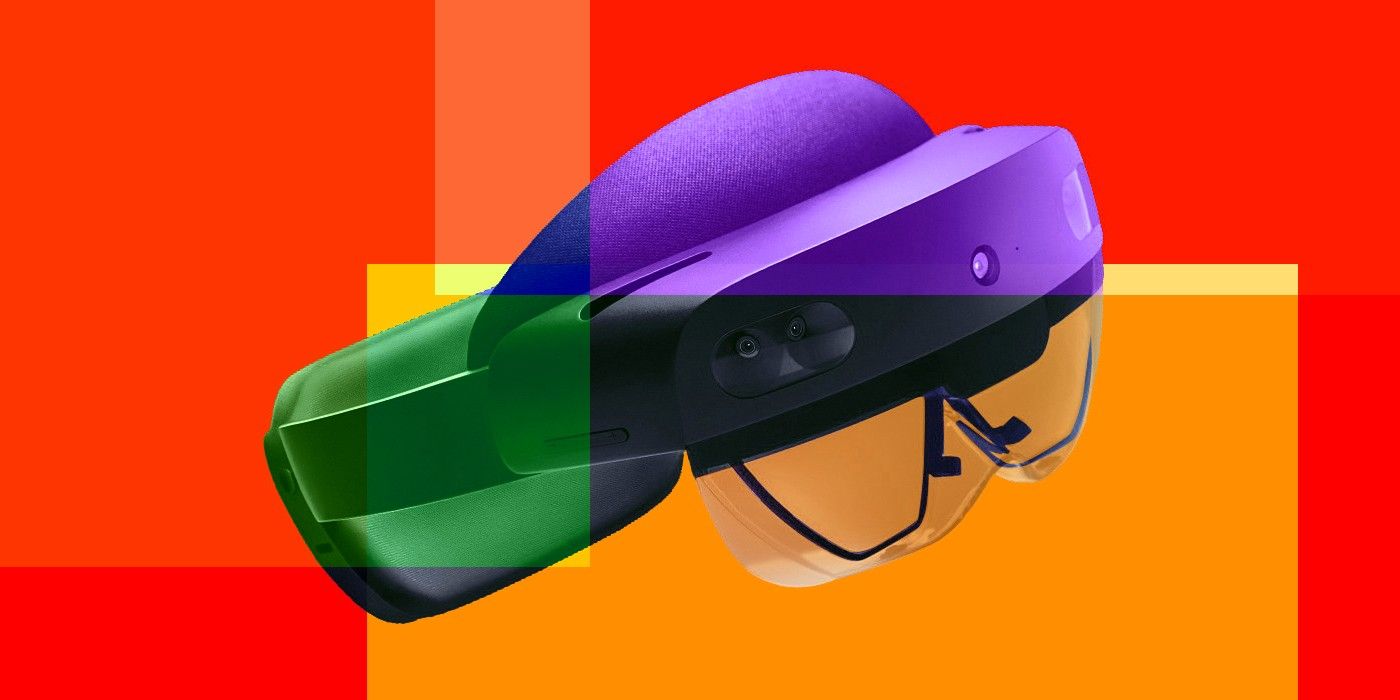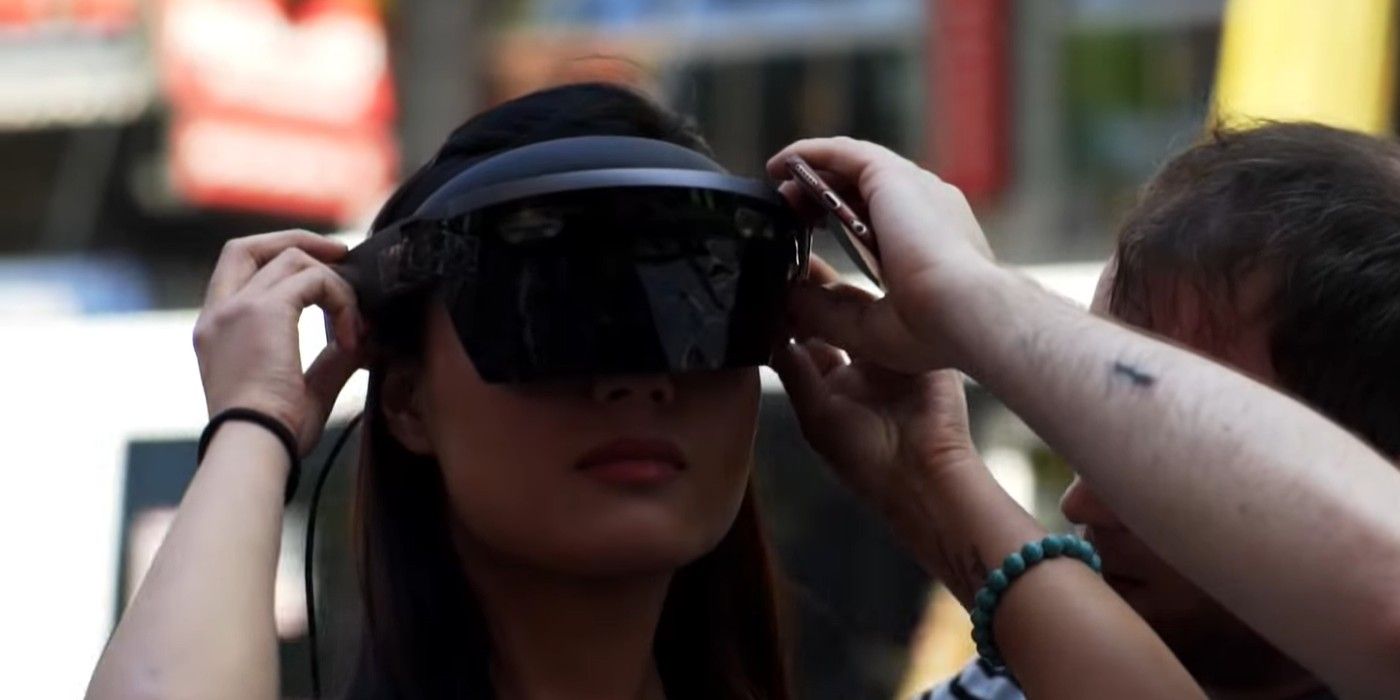Microsoft has reportedly called its quits on the upcoming HoleLens 3 headset as its Mixed Reality division is reportedly in disarray regarding future prospects. The company's attempts at creating a new product category and then committing to it for the long run with adequate investments is a history lesson in corporate failure, even though some of those products held a lot of promise. The best examples would be the Windows Phone ecosystem, Andromeda OS, Zune, Kinect, Surface Neo, Windows 10X, and the Surface Band to name a few. With the HoloLens Project, Microsoft appears to be on a similar trek.
The first HoloLens, despite its astronomical price, was a shining achievement for the future of Mixed Reality headsets, with Microsoft’s tech being one of the most advanced out there. With the HoloLens 2, Microsoft again stopped itself from entering the mass market segment, and soon pivoted to tailoring it for military usage. If Google’s involvement with military projects is any indication, Microsoft’s move definitely doesn’t instill much confidence either. But metaverse chatter is everywhere right now, and 2022 seems to be the year when AR and VR truly pick up. Unfortunately, Microsoft appears to be faltering right when the opportunity is ripe.
As per a report from Business Insider, Microsoft has reportedly pulled the plugs on the HoloLens 3 project, with the decision having been made last year. And as per one of the internal sources cited in the report, it might very well be the end of the road for Microsoft’s Mixed Reality headset ambitions. Microsoft’s HoloLens team is reportedly divided on what direction the company must take. Whether it should stick with its focus on making hardware for corporate (and military) clients only, or whether the company should now focus on the consumer side of things and focus on the metaverse scenario. The lack of a clear path has reportedly lowered the division’s morale, and some members have even left looking for greener pastures. Those green metaverse pastures happen to be in abundance at Meta.
Falling At The Finish Line
Among those leaving are veterans with over two decades of Microsoft experience, and as per The Wall Street Journal, the number of people leaving is over 100. Microsoft’s team is reportedly also divided over what should be the key focus — whether Microsoft should lay more emphasis on making software experiences as the metaverse looms overhead, or if it should move ahead with hardware development and somehow try to make a profit while at it. Microsoft has even hired Ruben Caballero — a former Apple veteran who was involved in making the first iPhone and iPad — to get its MR headset plans in order. But Caballero’s consumer-focused vision is clashing with members who want to stick to the enterprise market. And further complicating the turmoil is a deal with Samsung.
As reported by The Elec last year, Microsoft will focus on software while Samsung will handle the hardware side of things. The two-year deal will conclude in 2023, with plans of launching a commercial Mixed Reality device in 2024 coming out of that partnership. It is unclear how the plans may unfold, but if Microsoft CEO Satya Nadella's recent comments are anything to go by, the company is all in on the metaverse future. Even the widely-covered $68.7 billion Activision acquisition is about owning primitive metaverse worlds offered by the games that are a part of the deal. Looking over at the competition, Facebook plans to launch its ambitious Project Cambria headset this year, and Apple is not too far off with its AR device either. Microsoft, on the other hand, says it is committed to the HoloLens cause. The company also inked a deal with Qualcomm earlier this year to make custom chips for AR glasses.
Sources: Business Insider, The Wall Street Journal, The Elec


